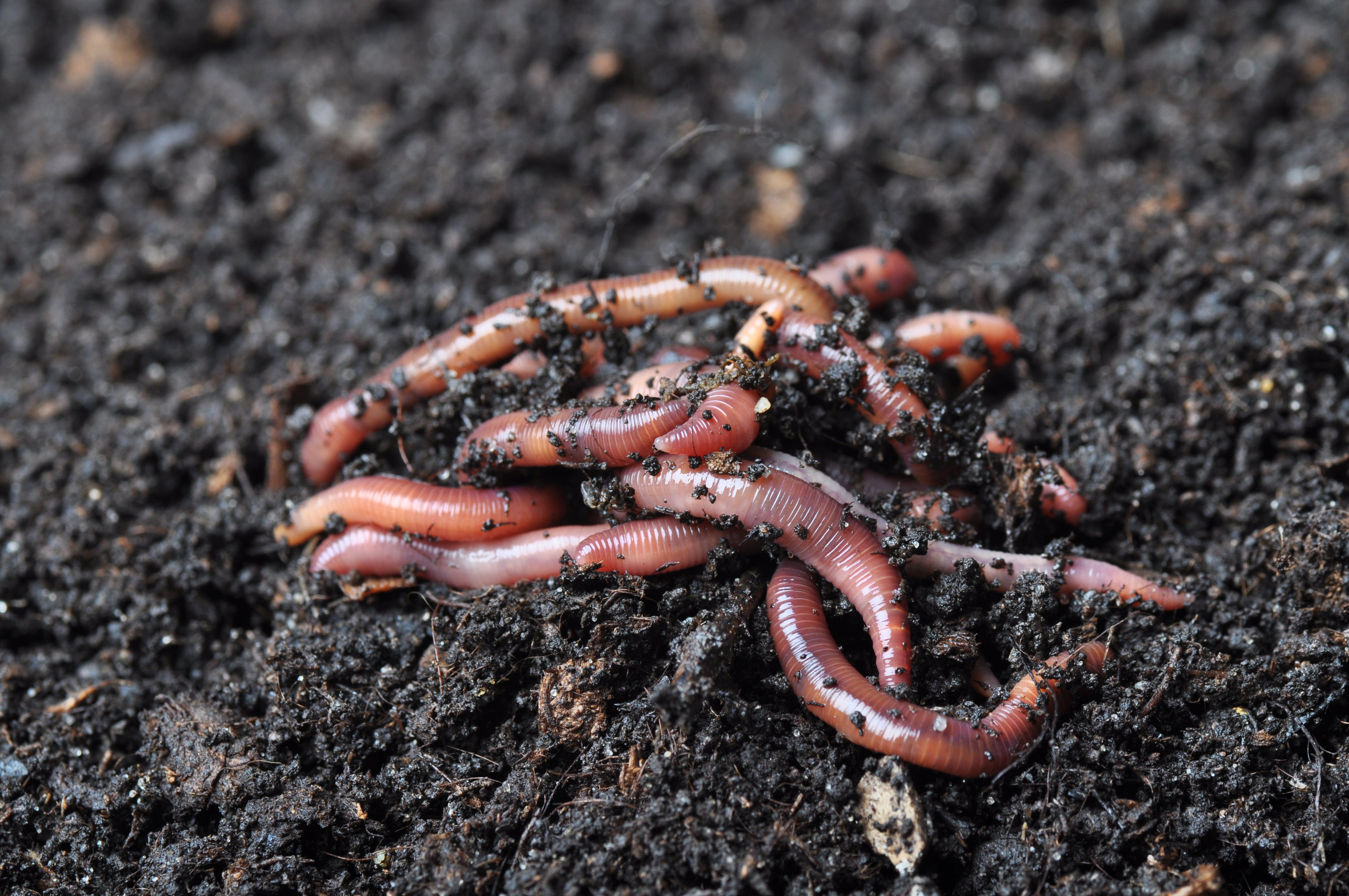Get Red Wiggler Worms - Perfect for Composting and Horticulture
Get Red Wiggler Worms - Perfect for Composting and Horticulture
Blog Article
Red Wiggler Worms Demystified: Unlocking the Secrets of Vermiculture for Greener Living and Nutrient-Rich Dirt
In the world of sustainable techniques for enhancing soil top quality and promoting eco-conscious living, red wiggler worms play an essential yet frequently forgotten function. These simple animals possess the exceptional capability to change natural waste right into nutrient-rich spreadings that serve as a potent all-natural fertilizer. By delving right into the world of vermiculture, one can uncover a wide variety of benefits that prolong far beyond conventional composting approaches. Understanding the details of caring for these worms, maximizing their setting, and using their castings can bring about a greener way of living and much healthier soil for plants to prosper.
The Duty of Red Wiggler Worms
Red Wiggler worms play a crucial duty in composting systems by effectively damaging down raw material right into nutrient-rich spreadings. These voracious eaters consume a range of natural products, such as cooking area scraps, backyard waste, and paper items. As they feed, the worms' digestive procedures break down the organic matter right into a fine, dark, and nutrient-dense material known as worm spreadings or vermicompost.
The castings generated by Red Wiggler worms are very advantageous for soil health and plant growth. They are rich in vital nutrients like nitrogen, potassium, and phosphorus, which are important for sustaining healthy plant development. Furthermore, worm castings include helpful microorganisms and enzymes that help improve soil structure, increase water retention, and enhance nutrient uptake by plants.
Benefits of Vermicomposting

It improves soil structure, enhances dirt oygenation, and raises soil wetness retention. Vermicompost also enhances the dirt with essential nutrients like nitrogen, phosphorus, and potassium, advertising plant growth and general soil fertility.
In addition, vermicomposting supports lasting gardening methods by supplying a chemical-free and natural option to artificial plant foods. Red Wiggler Worms. This ecologically friendly approach not only enhances the dirt however likewise helps in reducing reliance on harmful chemicals, promoting a greener and extra sustainable way of horticulture
Setting Up a Worm Bin
When developing a worm bin for vermicomposting, appropriate configuration is vital to make certain the success of the composting procedure. The initial step in establishing a worm container is picking an appropriate container. This can be a plastic container or wood box that provides adequate space for the worms to relocate around and has proper drain openings to prevent waterlogging. Next, a bedding material such as shredded newspaper, cardboard, or coconut coir should be contributed to the container. This bed linens offers a comfortable atmosphere for the worms and assists maintain moisture levels.
After including the bedding, introduce the red wiggler worms to the bin. It is recommended to begin with a handful of worms and gradually enhance as they increase. The worms should then be offered with food scraps such as fruit and vegetable peels, coffee grounds, and eggshells. It is essential to avoid including meat, dairy, oily, or salty foods to stop attracting parasites and developing undesirable smells.
Consistently check the moisture degrees and temperature in the worm bin to make sure optimum problems for the worms. With correct configuration and upkeep, the worm bin will effectively convert why not try here natural waste right into nutrient-rich compost for your plants and garden.
Harvesting Worm Spreadings
To successfully collect nutrient-rich worm castings from your vermicomposting system, a methodical harvesting approach is important. When it comes time to gather the worm spreadings, there are a couple of vital steps to follow to ensure a successful procedure.

Troubleshooting Common Issues
Determining and dealing with common obstacles that might arise during the vermicomposting procedure is crucial for preserving a effective and healthy and balanced worm bin. Including excess food scraps can lead to a build-up of dampness and acidity in the worm container, potentially damaging the worms. Another problem is unpleasant odors rising from the worm container.
Additionally, you can try here if the worm populace is declining or the worms show up harmful, it might be as a result of environmental stressors such click here to read as severe temperature levels or pH levels. Checking these variables and making essential adjustments is essential for the health of the worms. By repairing these common issues without delay, vermicomposters can make sure a smooth and effective vermicomposting procedure while preserving a prospering worm population.

Final Thought
In final thought, red wiggler worms play an important duty in vermiculture by damaging down natural matter right into nutrient-rich dirt. Setting up a worm container is vital for successful vermiculture, and harvesting worm castings supplies beneficial garden compost for gardening.
As they feed, the worms' gastrointestinal procedures break down the organic matter right into a fine, dark, and nutrient-dense product known as worm spreadings or vermicompost.
The castings produced by Red Wiggler worms are highly advantageous for dirt health and wellness and plant growth. Including excess food scraps can lead to a buildup of dampness and level of acidity in the worm container, possibly damaging the worms.Additionally, if the worm populace is declining or the worms appear unhealthy, it could be due to environmental stressors such as severe temperatures or pH levels. Establishing up a worm container is crucial for effective vermiculture, and harvesting worm spreadings provides useful compost for gardening.
Report this page